
Commentaries | Jan 26,2019
Jun 8 , 2019
By SELAMAWIT MENGESAHA ( FORTUNE STAFF WRITER )
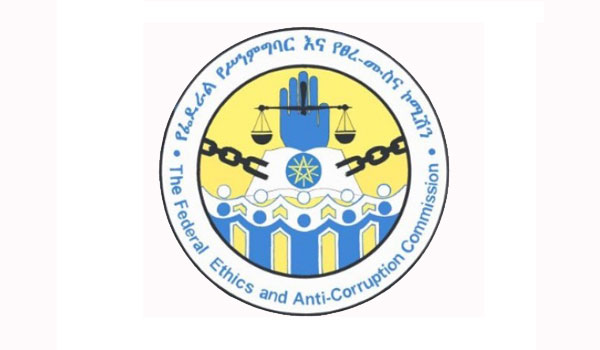 Aimed at preventing corruption practices in the mining sector, the study was initiated two months ago by the Corruption Prevention Department of the Federal Ethics & Anti-Corruption Commission and is expected to be finalised by the end of the current fiscal year.
Aimed at preventing corruption practices in the mining sector, the study was initiated two months ago by the Corruption Prevention Department of the Federal Ethics & Anti-Corruption Commission and is expected to be finalised by the end of the current fiscal year. Concerned with the ever declining revenues from the export of minerals, the government has started surveying five regional states endowed with rich mineral deposits.
Aimed at preventing corruption practices in the mining sector, the study was initiated two months ago by the Corruption Prevention Department of the Federal Ethics & Anti-Corruption Commission and is expected to be finalised by the end of the current fiscal year.
Shire of Tigray, Shakisso in Oromia, Belles in Benshangul Gumuz, Walda-Delanta in Amhara and Benchmaji in Southern Nations Nationalities & Peoples' Regional State are five areas selected for the survey, based on recommendations made by the Ministry of Mines & Petroleum and the Geological Survey of Ethiopia.
Gold, silver, tantalum, gemstones and marble are among the minerals to be assessed in the survey to determine the current level of corruption and to draw preventive measures. Minimising crimes of corruption in the industry is the expected primary outcome of the survey, according to Tesfaye Shambo, director of reform and good governance at the Commission.
The Governance & Democratic Participation Programme, a project under the United Nations Development Program (UNDP), covered the 400,000 Br budget for the project with funds secured from donors including Sweden, Norway, Denmark and Austria.
A local consultant, Gideon G. Jalata, was hired to conduct the study, according to Tesfaye.
"The consultant has started data collection to conclude the report," Tesfaye told Fortune.
The mining value chain starts from contract negotiation and exploration; transitions to construction and development of a mining site; evolves to production, monitoring of operation and the collection of taxes; involves transportation and trading; reaches the smelting and refining stage; and finishes with marketing, revenue management and investment.
For the past couple of years, the export revenue in the country has been continuously dwindling. In the first three quarters of the current fiscal year, the export of minerals generated 39.6 million dollars, while the government targeted to earn 766.9 million dollars in export revenues this year.
The findings of the study will help both the public and private players in the mining sector make informed decisions, according to Tesfaye.
Walda-Delanta, which is known for its abundant resources of opal in most of its 31 kebeles, is one of the survey areas.
Even though it has an abundant resource of minerals, the region is not reaping the wealth from the minerals, since high levels of illegal and contraband minerals trade exist, according to Aragaw Getachew, administrator of Walda-Delanta Wereda.
Contraband is not only a problem in Amhara Regional State but also in Oromia, which is rich in tantalum, bromide, gold, emerald, nickel, bromide and copper. Shakisso, Guji, Borena and West Wollega are known for a high potential of gold resources.
"Contraband activities in mining sites near the border are common," said Yirdaw Negash, director general of Oromia Water, Mineral & Energy Bureau.
In the regional state, 76 exploration licenses have been issued at the federal level and 2,000 more from the regional bureaus.
The Bureau is trying to fight contraband by working with weredapolice to deploy forces at checkpoints, according to Yirdaw.
Solomon Tadesse (Prof.), a lecturer at Addis Abeba University’s School of Earth Science, applauds the drafting of the survey, saying the sector is not well regulated.
"The study will have a good contribution in minimising the illegal trade and contraband of minerals," Solomon said.
PUBLISHED ON
Jun 08,2019 [ VOL
20 , NO
997]

Commentaries | Jan 26,2019

Commentaries | Dec 14,2024
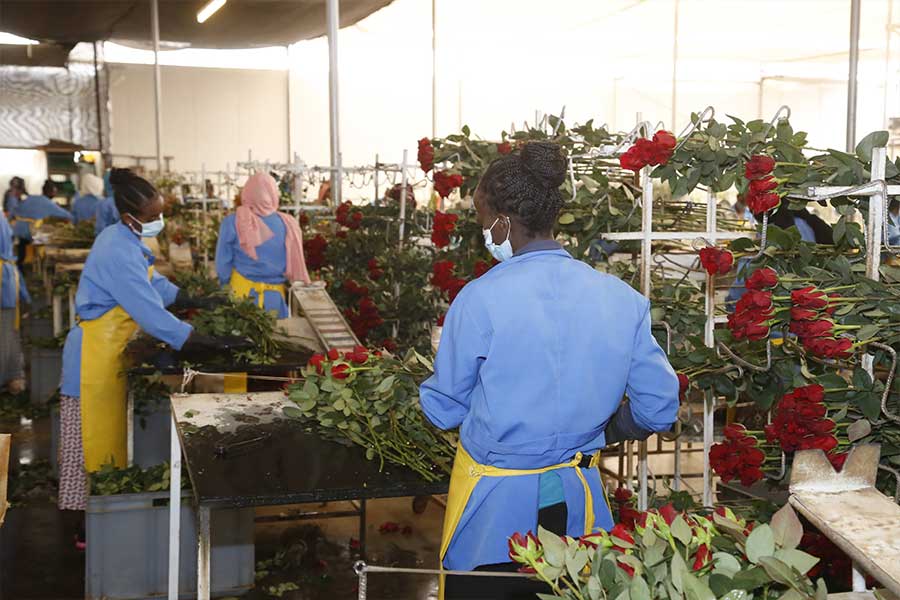
Agenda | Feb 13,2021

Radar | May 09,2020

Commentaries | Mar 07,2020
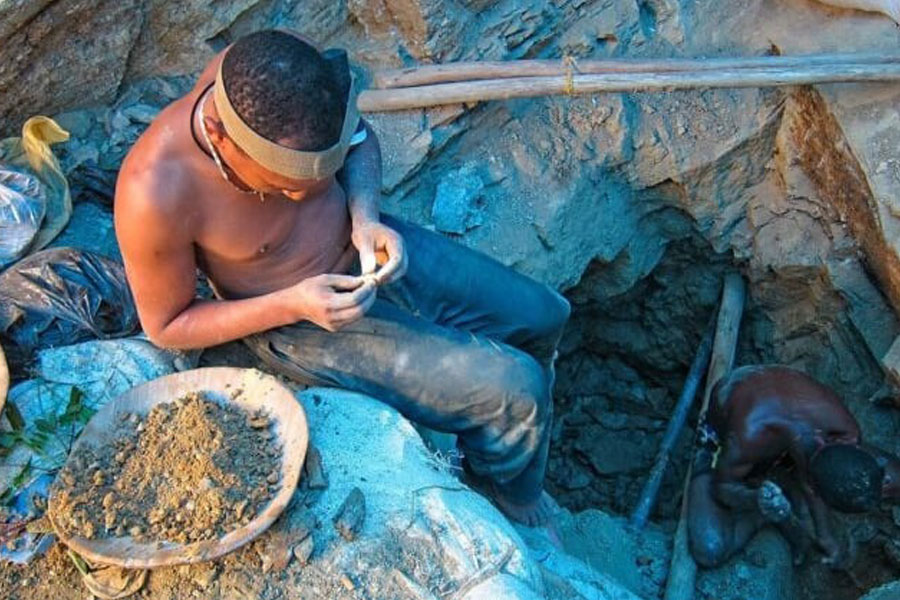
Fortune News | Mar 30,2024
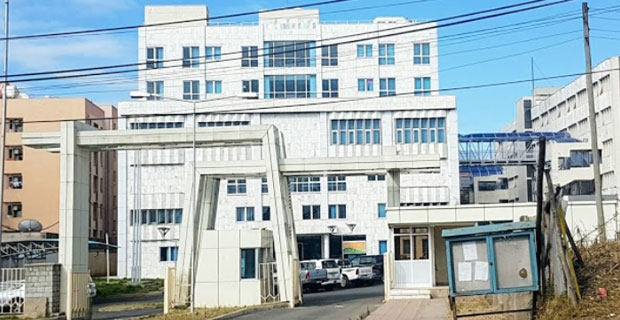
Fortune News | Aug 31,2019
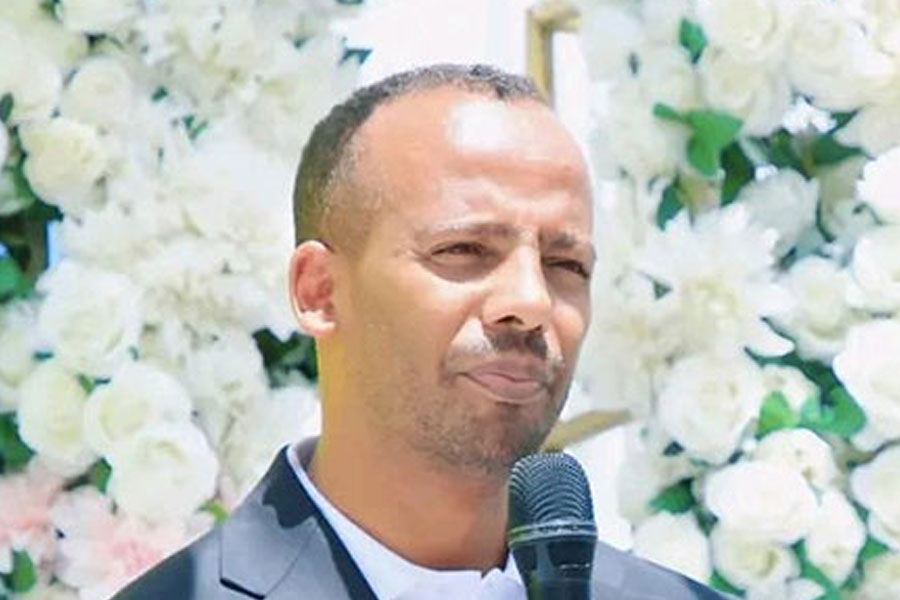
Fortune News | Aug 17,2025
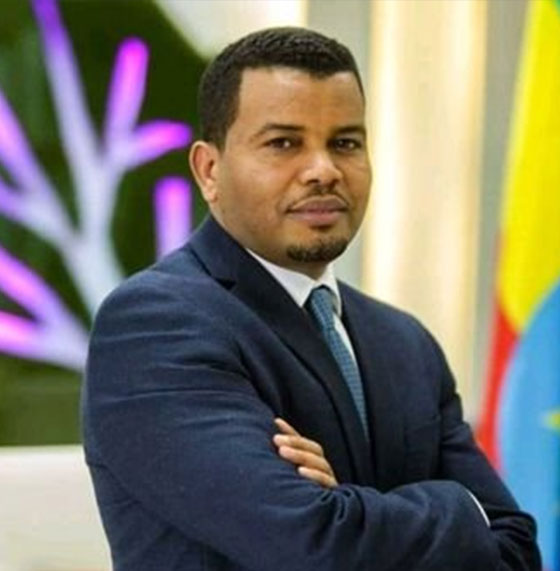
Radar | Sep 26,2021
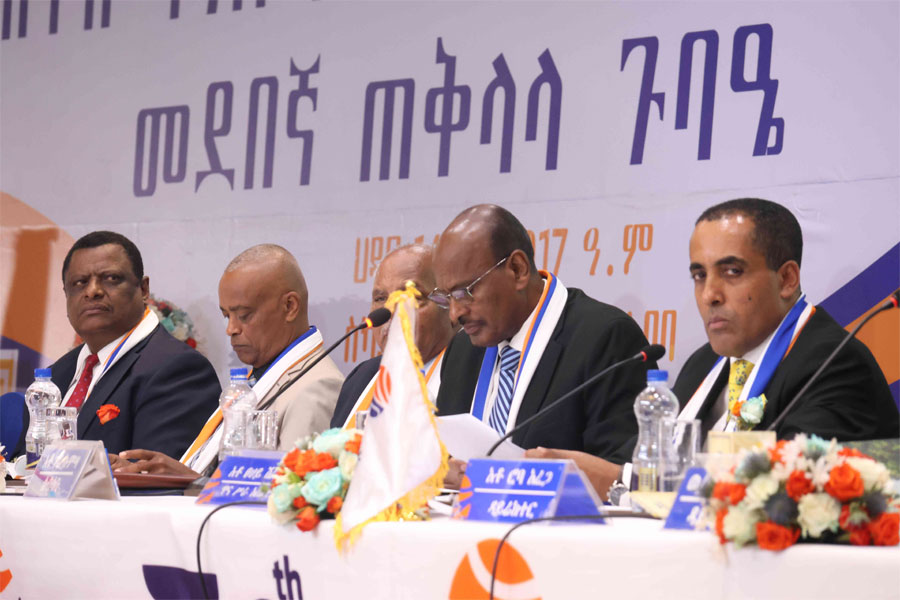
News Analysis | Dec 15,2024

Dec 22 , 2024 . By TIZITA SHEWAFERAW
Charged with transforming colossal state-owned enterprises into modern and competitiv...

Aug 18 , 2024 . By AKSAH ITALO
Although predictable Yonas Zerihun's job in the ride-hailing service is not immune to...

Jul 28 , 2024 . By TIZITA SHEWAFERAW
Unhabitual, perhaps too many, Samuel Gebreyohannes, 38, used to occasionally enjoy a couple of beers at breakfast. However, he recently swit...

Jul 13 , 2024 . By AKSAH ITALO
Investors who rely on tractors, trucks, and field vehicles for commuting, transporting commodities, and f...

Nov 1 , 2025
The National Bank of Ethiopia (NBE) issued a statement two weeks ago that appeared to...

Oct 25 , 2025
The regulatory machinery is on overdrive. In only two years, no fewer than 35 new pro...

Oct 18 , 2025
The political establishment, notably the ruling party and its top brass, has become p...

Oct 11 , 2025
Ladislas Farago, a roving Associated Press (AP) correspondent, arrived in Ethiopia in...